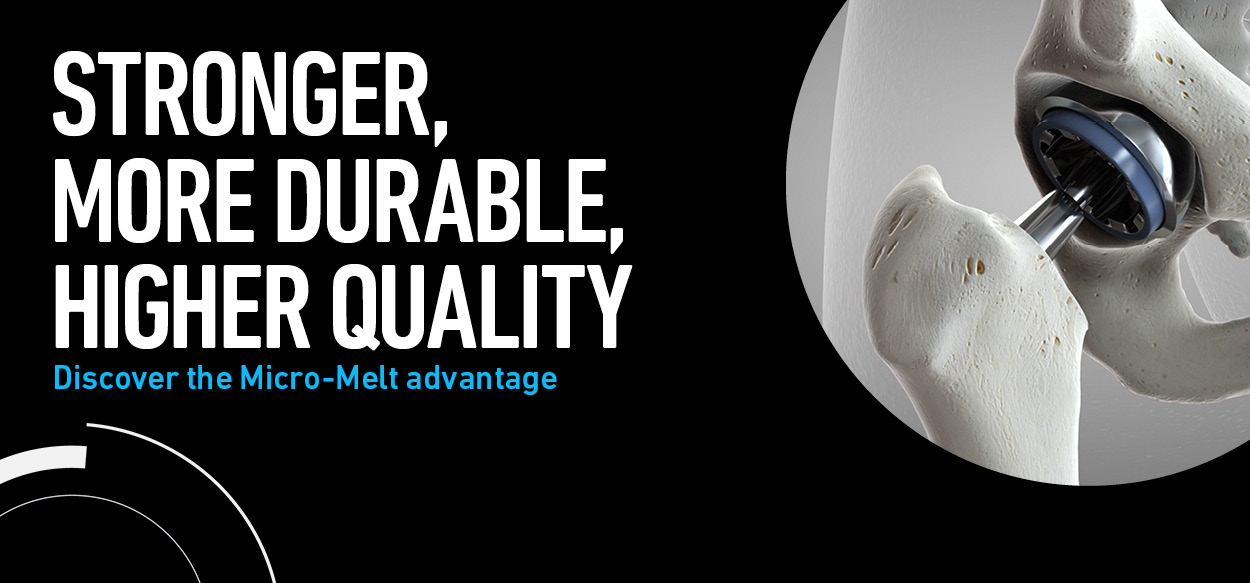Related Resources

Advancing orthopedics with micro-melt® ccm
Historically, orthopedic medical implants have been manufactured mainly from stainless steels, titanium, and cobalt-based alloys. The selection of which is dependent on design criteria like biocompatibility, strength, fatigue, wear resistance, and cost. The vast majority of cobalt-based implants have been manufactured using castings of ASTM F75 alloy, which provide desirable processing flexibility and lower initial costs. However, distinct limitations have been associated with such castings, such as coarse grain size, non-uniform microstructure, and lower strength and fatigue. These drawbacks can be overcome by manufacturing cobalt-based implants from wrought bar stock.
In this webinar, we discuss three wrought Co-28Cr-6Mo "CCM" alloys covered under ASTM F1537 used for orthopedic medical implants - (1) the lowest-carbon (0.14% max) Alloy 1, (2) High Carbon, Alloy 2 and (3) Dispersion-Strengthened, Alloy 3. The general CCM blend has been traditionally manufactured by conventional cast/wrought processing, but can also be manufactured using powder metallurgy (P/M) processing. Alloys 2 and 3 were born out of the P/M process, driving chemical performance capability unavailable to cast or wrought. We will discuss the advantages of the powder metallurgy process such as higher strength, improved fatigue resistance, and enhanced microstructural characteristics at both room and elevated temperatures.